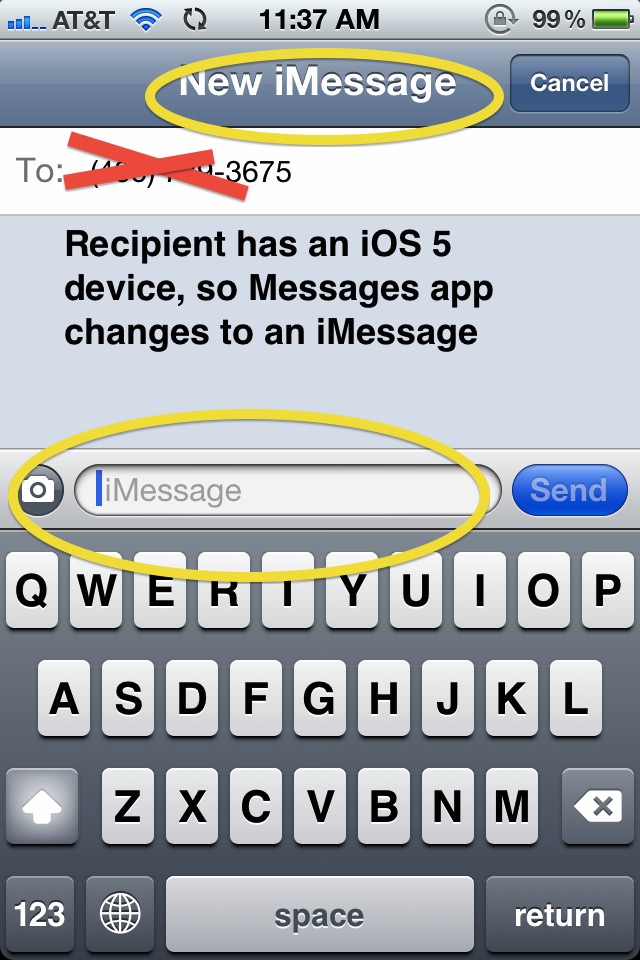Finland is far from the minds of most iPhone users. However, the frigid, Nordic country is huge on carriers’ radar because it is there that text messaging was born and where it could very well die. The number of Christmas Eve texts in Finland fell off a cliff, plummeting to 8.9 million from 10.9 million in 2010. With text messages accounting for 20 percent of carrier revenue, its enough to give companies nightmares — but this bad dream is far from over.
Fortune reports on a troubling trend as countries first to adopt texting become the first to depart for the likes of iMessage, Twitter or email. In Hong Kong, Christmas Day texts fell 14 percent. Similar declines were experienced in the Netherlands and the Phillipines – all nations that quickly adopted SMS in the 1990s. But this is just the first wave of slowing use of lucrative cellular texting. U.S. carriers are expected to be slammed either this year or in 2013 as iMessage becomes a real alternative to texts.
U.S. carriers know they have a cash cow in texting, but appear to be taking a whistling-past-the-graveyard attitude toward the threat posed by iMessage. Texts piggyback along the same signal carriers use to deliver voice messaging. In the U.S. alone, texting is a $20 billion income source, Sanford C. Bernstein analyst Craig Moffett said. By charging 20 cents for each of the 2 trillion texts sent annually in the U.S., carriers enjoy a 4,096 percent markup, according to a University of Waterloo professor.
But providers such as Verizon take a “what, me worry?” stance toward iMessage, a service Apple introduced with iOS 5 allowing iPhone, iPod touch and iPad owners to send free texts, pictures and data to other iOS users. After all, “customers still need a data plan to connect to a device. They are only making a choice on how they are using the data,” a Verizon spokesman recently told the New York Times.
Really, now?
While that may hold true for iPhone owners requiring a 3G connection, the carrier apparently did not read our piece on most tablet owners opting for Wi-Fi connections, rather than costly cellular network links. Indeed, a study found 95 percent of iPads and other tablets use Wi-Fi instead of cellular providers — and there’s no sign of going back.
Then there is talk of iMessage moving to Macs, opening millions more devices to the option to desert texting. Along the way, why not throw iChat into the mix? The application once limited to Macs could cross-pollinate all devices, becoming part of Apple’s iOS mobile software. The haven of “they have to buy a data plan” to text quickly crumbles.
And while we love Apple, the Cupertino, Calif. company is not alone in noticing consumers are avoiding SMS like the plague. Google is also working on an iMessage alternative, as well as Facebook, clearly in an attempt to further engage its mammoth user base.
First carriers tried charging for voice calls, then consumers found VoIP. Then carriers began giving voice calling away, but charging for texts. Now that texts are nearing the end of their shelf life, carriers have a death grip on data plans.
Carriers? Meet Slippery Slope.


